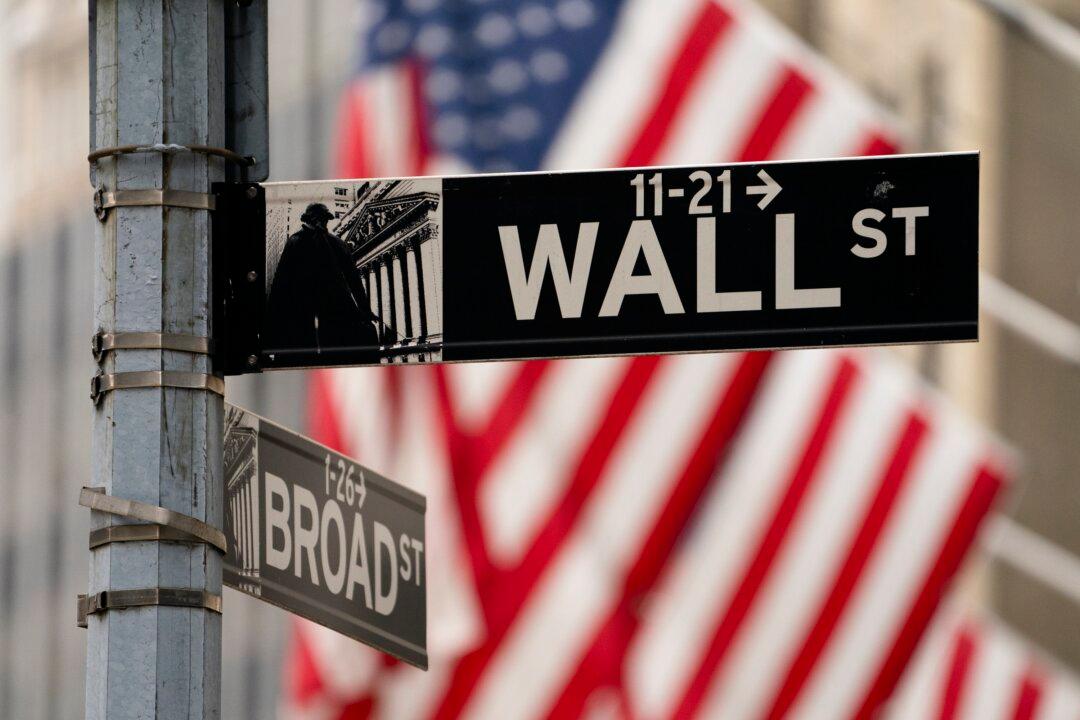Stocks closed broadly higher on Wall Street Wednesday and pushed major indexes into the green for the week, as investors welcomed a report showing consumer confidence is holding up better than expected.
The S&P 500 and Nasdaq composite each rose 1.5 percent. The Dow Jones Industrial Average gained 1.6 percent with a lot of help from Nike, which soared after reporting better-than-expected results.





